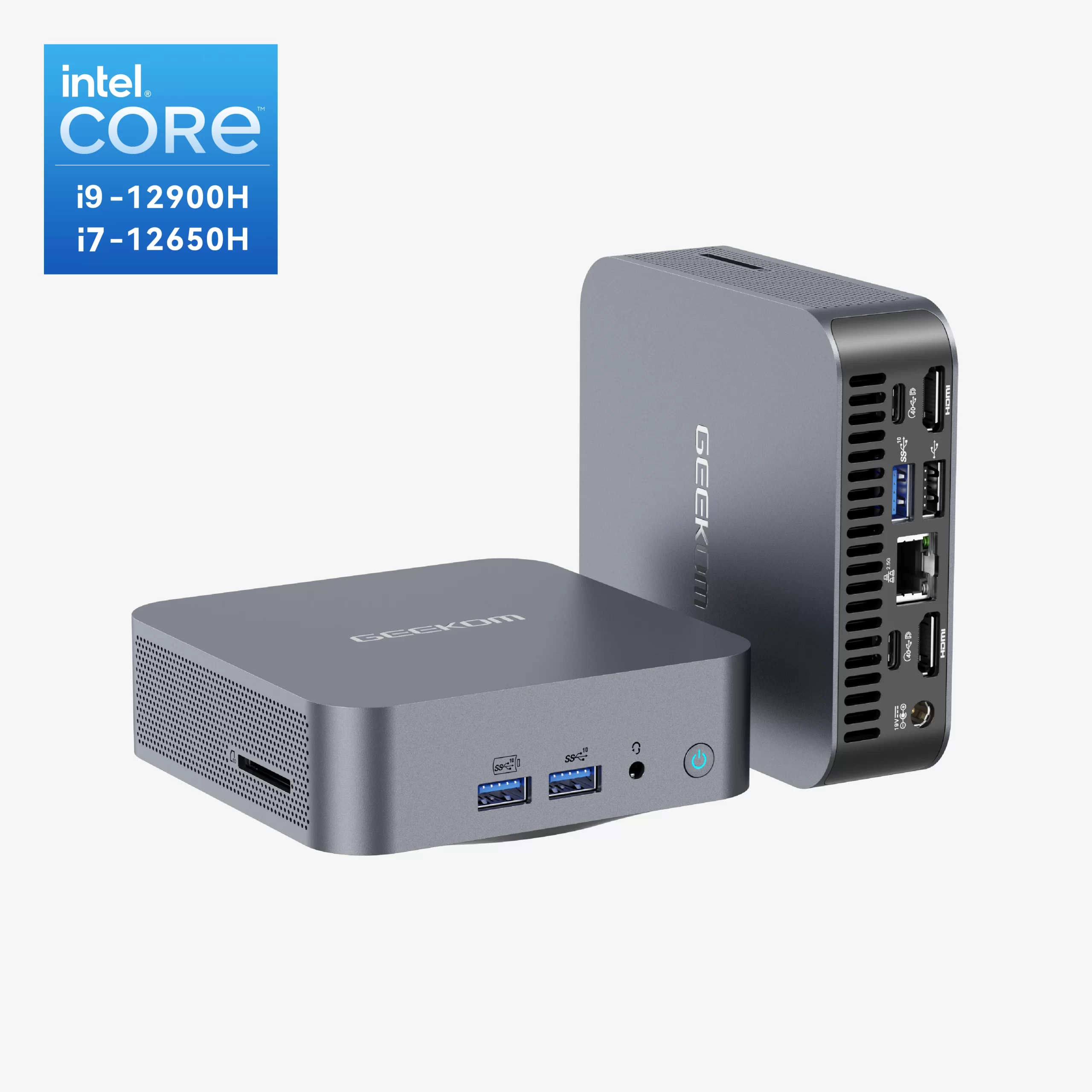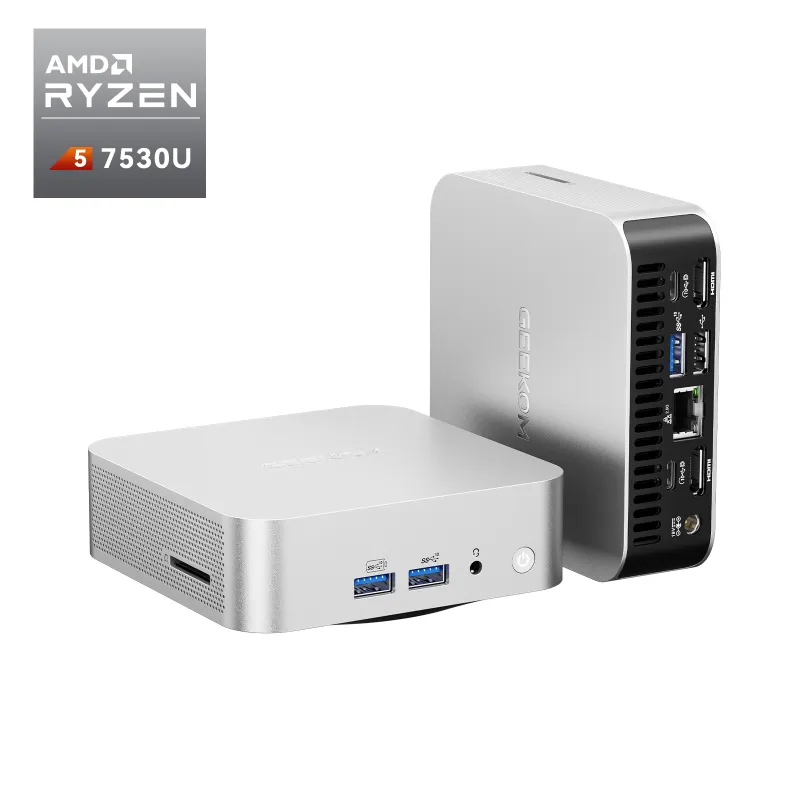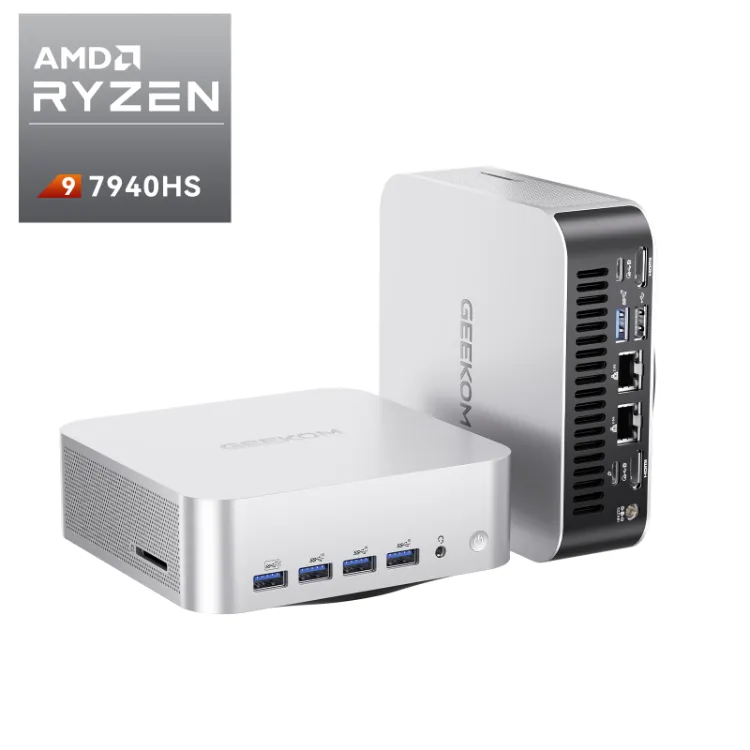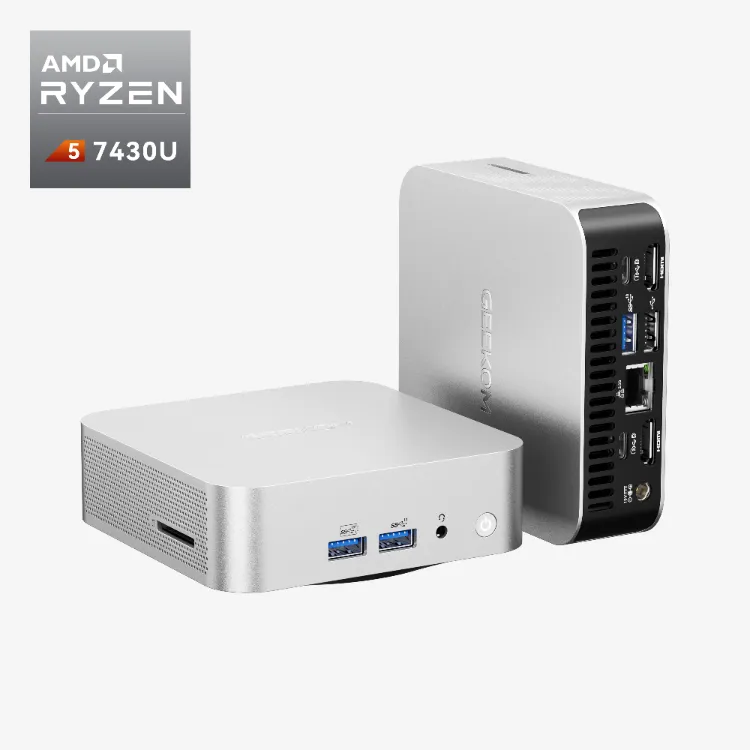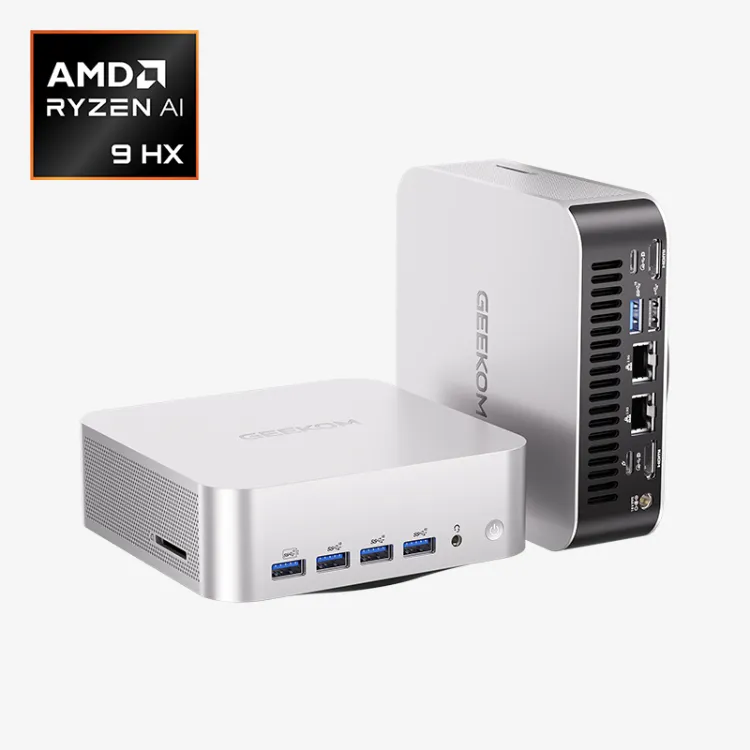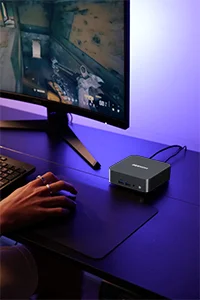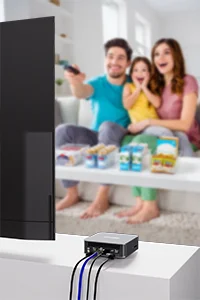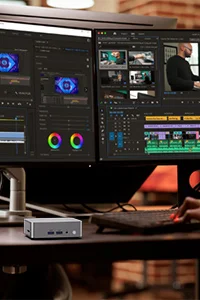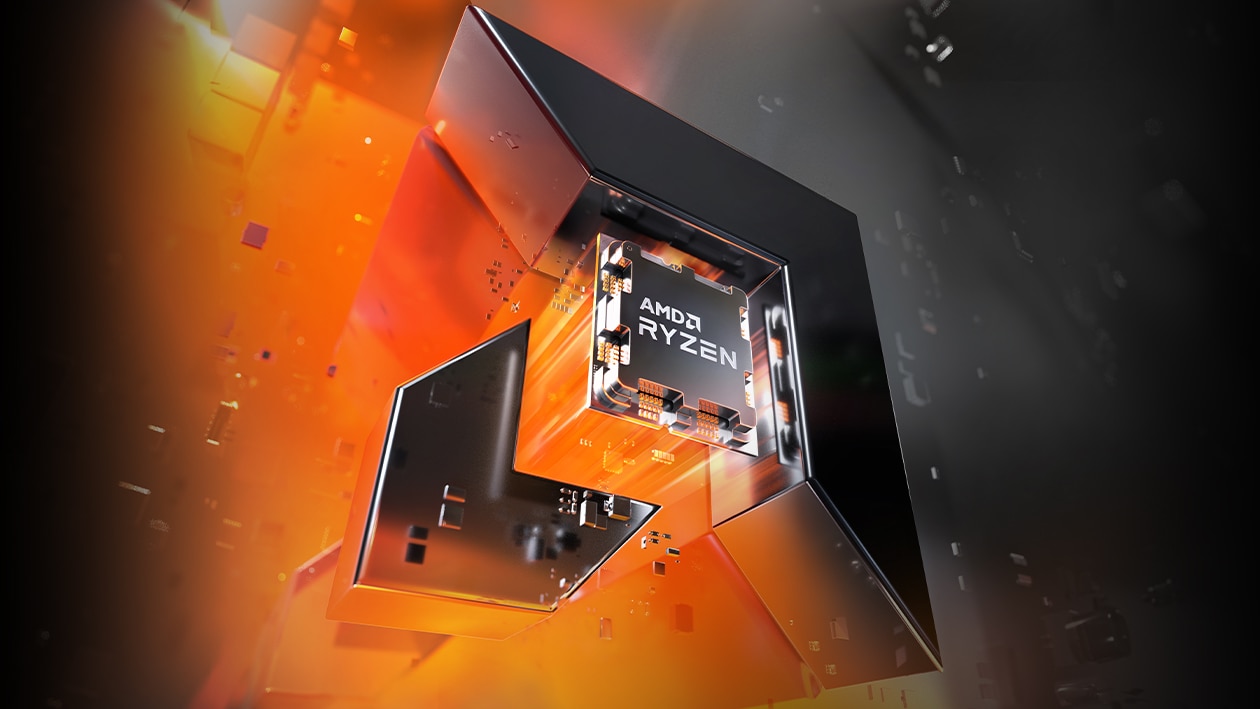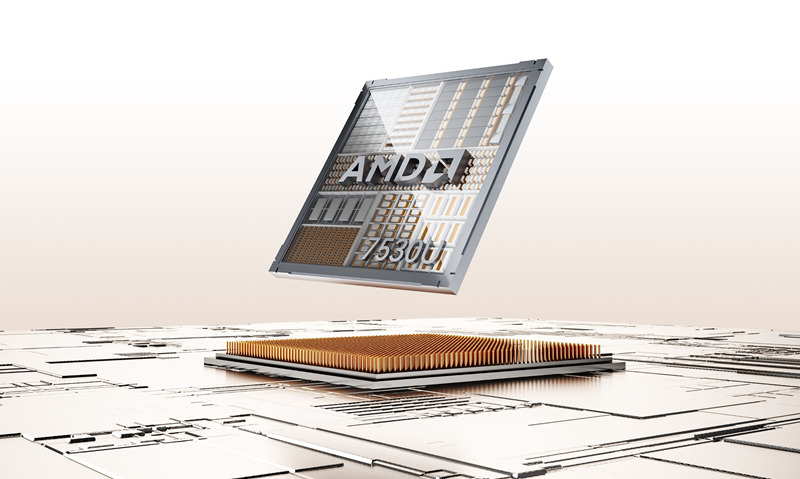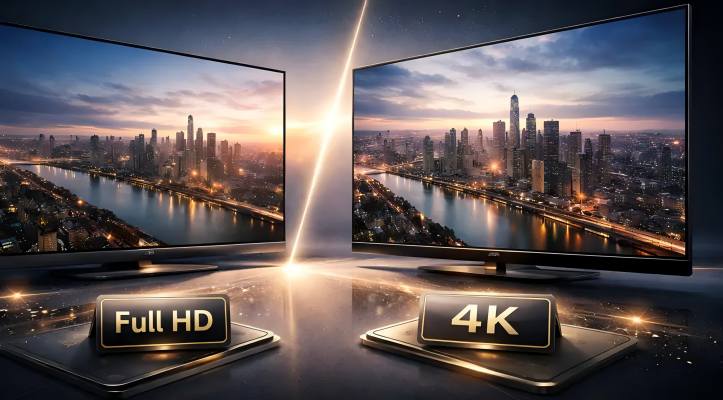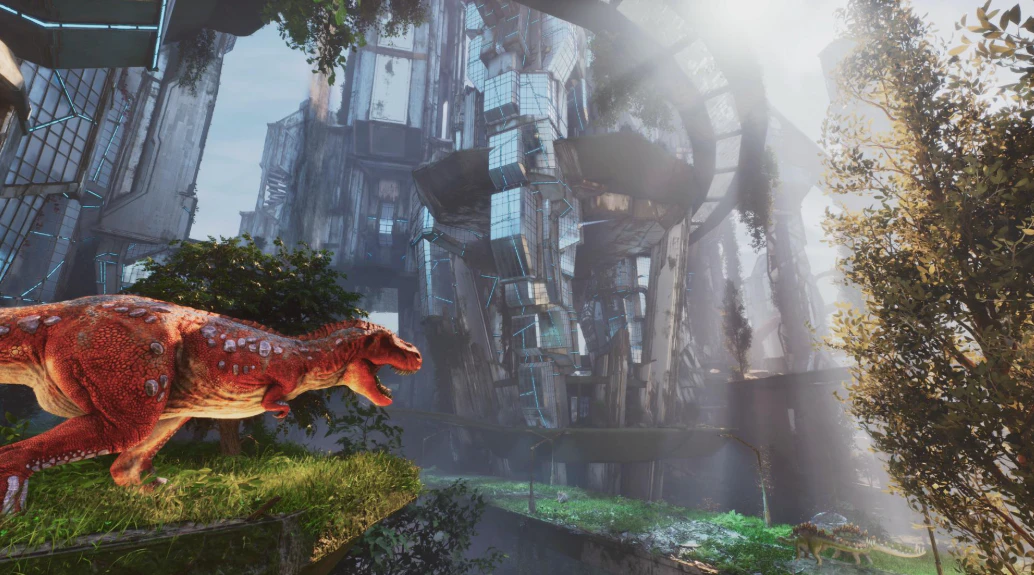Introduction
AMD Ryzen was a major player in the processor market, keeping up with the demand of even the most advanced users with their high-performance products. When selecting the processor, specific attention should be paid, as this action can be the main factor that leads to an efficient and high-performing system. This report delves into the differences between the AMD Ryzen 7000 vs. Ryzen 8000 series, adding their pros and cons as compared to each other. The latter, in particular, is dedicated to customer groups with diverse needs and preferences, such as those who expect a high level of reliability and capability from their machines, as well as those who are after the latest and the best features. Thus, the users will be able to tell which one is the most suitable for them by knowing the specifics of each and will be able to choose the one that aligns with their requirements and budget.
Overview of the Ryzen 7000 Series
The Zen 4 architecture-based 5nm Ryzen 7000 series not only delivers a faster performance but also consumes less energy. With DDR5-5200 and PCIe 5.0 memory, the series outstrips old batches with rapid bandwidth and data transfer improvements; these upgrades are essential for gaming and other high computing purposes.
A clear improvement in single-threaded performance in the Ryzen 7000 series is one of the prominent features that makes it a perfect choice for gamers and creators who seek high-speed and low-consumption processing. The product is a high performer but is still priced well; it strikes the right balance between value and performance and thus attracts economically minded individuals who are not willing to be amateurs.
The Ryzen 7 7700X had outstanding gaming performance. For example, it played “Watch Dogs: Legion” with 60-80 FPS and “Counter-Strike 2” with 100-150 FPS, allowing for a smooth and encompassing gaming experience at high settings.
It is not only for the techs and gamers but also for those who develop content for high-quality applications that are performance-hungry, and thus, everything else goes along with it.
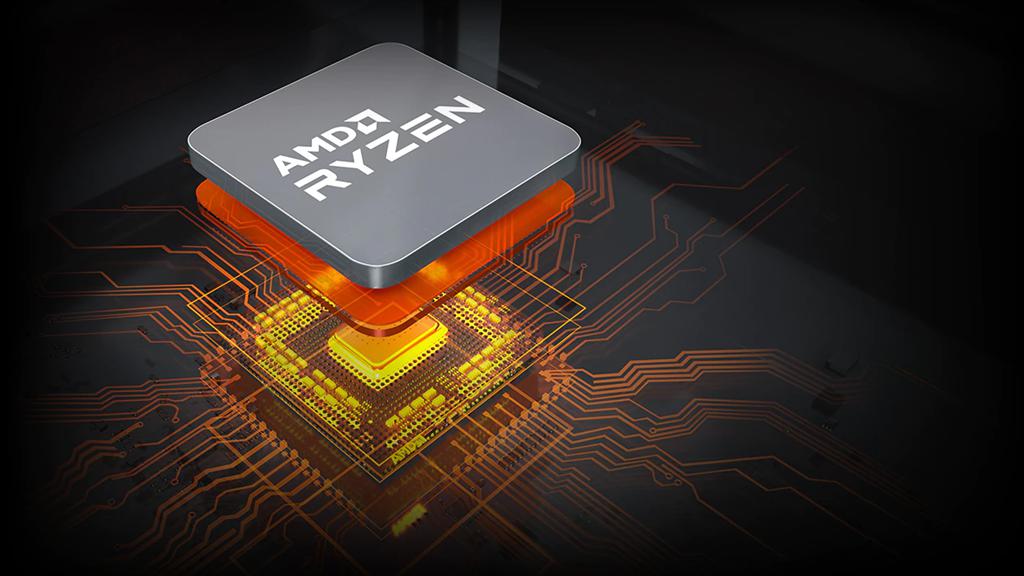
Overview of the Ryzen 8000 Series
The Ryzen 8000 series is composed of the most recent developments that have been manufactured by the new Zen 4 and Zen 4c architectures and the 3nm and 4nm processes as well. The drive features the DDR5-5200 and one PCIe 4.0 and one PCIe 5.0 model for those who will benefit from the enhanced connectivity and speed in high-demand performances.
The Ryzen 8000 series’s improved multitasking performance at the thread level is one of the most attractive selling points. It is of great value to those who are working on applications like video editing and 3D rendering. Also, the XDNA AI engine is included in this series, which sets this series apart, as the XDNA AI engine helps in the fast and efficient processing of AI.
The built-in RDNA 3 graphics improve the gaming performance above 1080p, giving the compatible gaming group the chance to enjoy powerful integrated graphics. For instance, the Ryzen 7 8700G is able to provide around 119 FPS when playing “Counter-Strike 2” at medium settings; therefore, it can also be used in order to enjoy the gaming experience with perfect ease.
Its advanced features and increased power efficiency make it a top choice for individuals who want to employ the latest technology in the field of processing.
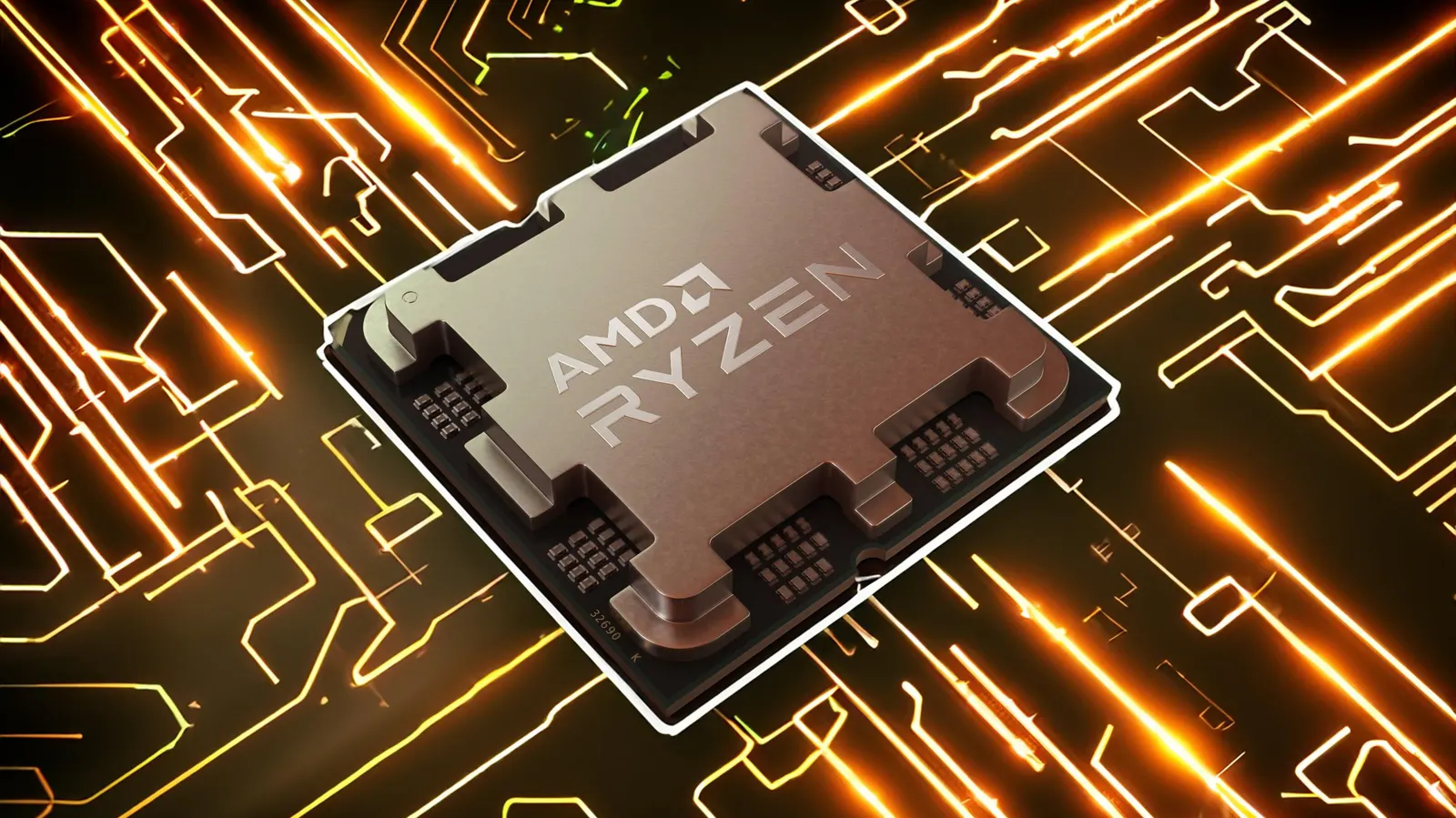
Key Differences: Ryzen 7000 vs. Ryzen 8000
The Ryzen 7000 and 8000 series are AMD’s processors equipped with different features that cater to various users. Based on the Zen 4 architecture, which is a 5nm die from TSMC, the Ryzen 7000 series is targeted for a price-performance product focusing on strength in single-threaded operations. It features the PCIe 5.0 interface, through which data can be transmitted much faster than from high-performance tasks and, consequently, gaming.
However, the Ryzen 8000 series is not only Zen 4, but it is a combination of Zen 4 and Zen 4c architectures that make use of the 3nm and 4nm technologies. This makes the series a go-to product for multi-threaded tasks such as video editing and AI workloads. The addition of the XDNA AI engine boosts the performance, also providing accelerated AI processing that comes in handy during machine learning tasks.
The comparative difference lies in the architectural designs of the embedded GPU units. RDNA 3 graphics are integrated into the Ryzen 8000 series; thus, the gaming performance at 1080p resolution is a massive leap from what the previous generation offered. Therefore, it becomes a very compelling choice for gamers who cannot afford a dedicated graphics card.
Power efficiency is another important element that distinguishes the two versions. Improved energy efficiency is the main feature of the Ryzen 8000 series, which leads to lower TDP and better performance density. This is the ultimate goal of the users of the advanced technology and reduced energy consumption for enhanced performance.
Value is an important consideration when choosing the best Ryzen between the 7000 and 8000 series. In contrast, other factors, such as core numbers, performance advantages, and AI capabilities, will dictate the final decision.
Performance Comparison
The Ryzen 7000 and 8000 series are specifically engineered to provide different users with better, more powerful experiences. The Ryzen 7000 series tops the ranks with single-threaded tasks, so users can effectively utilize it in gaming and daily applications. On the other hand, the Ryzen 8000 series performs exceptionally well in multi-threaded workloads and AI tasks due to its superior architecture and integrated AI engine.
Below is a table comparing the gaming performance of the chosen models from each series:
| Game | Ryzen 7000 Series Performance (FPS) | Ryzen 8000 Series Performance (FPS) |
| Counter-Strike 2 | 100-150 (Ryzen 7 7700X) | 119 (Ryzen 7 8700G, medium settings) |
| Valorant | 200-250 (Ryzen 7 7700X) | 180-220 (Ryzen 7 8700G, medium settings) |
| Watch Dogs: Legion | 60-80 (Ryzen 7 7700X) | 40-55 (Ryzen 7 8700G, low settings) |
This example of a comparison brings into the spotlight the key features each series has. With the Ryzen 8000 series, we make sure we provide the ultimate care for customers who require superfast performance, whether it be in multi-threaded or AI-powered applications.
Price Comparison
Starting from their intended audience and expected performance, the prices of the Ryzen 7000 and 8000 series are set accordingly. On the one hand, the Ryzen 7000 series impresses the general public with its splendid performance without a high price tag attached, hence attracting both economic tech aficionados and creators. Meanwhile, the Ryzen 8000 series, with its impressive features and AI capabilities, takes a different pricing strategy to appeal to professionals who are looking for high efficiency and cutting-edge technology.
Herein, the table describes the prices of the selected models:
| Model | Ryzen 7000 Series Price (GBP) | Ryzen 8000 Series Price (GBP) |
| Ryzen 9 7950X | £450 (discounted) | Ryzen 7 8700F: £200 |
| Ryzen 9 7900X | £350 (discounted) | Ryzen 5 8500G: £140 |
| Ryzen 7 7700X | £270 (discounted) | Ryzen 7 8700G: £250 |
| Ryzen 5 7600X | £200 (discounted) | Ryzen 5 8600G: £170 |
At these prices, users can see the positioning of the series in comparison with the others on the market; thus, they will be able to choose the one that meets their performance needs and financial possibilities. In the final analysis, the price will also be affected by regional discounts and promotions.
Laptop CPU Comparison: AMD Ryzen™ 9 8945HS vs. AMD Ryzen™ 9 7940HS
CPU Specifications and Benchmark Results
| CPU Model | Geekbench 6 Single-Core | Geekbench 6 Multi-Core | Cinebench R23 Single-Core | Cinebench R23 Multi-Core |
| Ryzen 9 8945HS | 2616 | 13316 | 1812 | 17208 |
| Ryzen 9 7940HS | 2603 | 13156 | 1835 | 17509 |
Application Scenarios:
- Ryzen 9 8945HS: Known for running AI workloads and doing the best in high-performance tasks, the laptop is the best choice for professionals and developers.
- Ryzen 9 7940HS: It presents a sweet spot between performance and power efficiency and can be used on laptops for gaming and multitasking purposes.
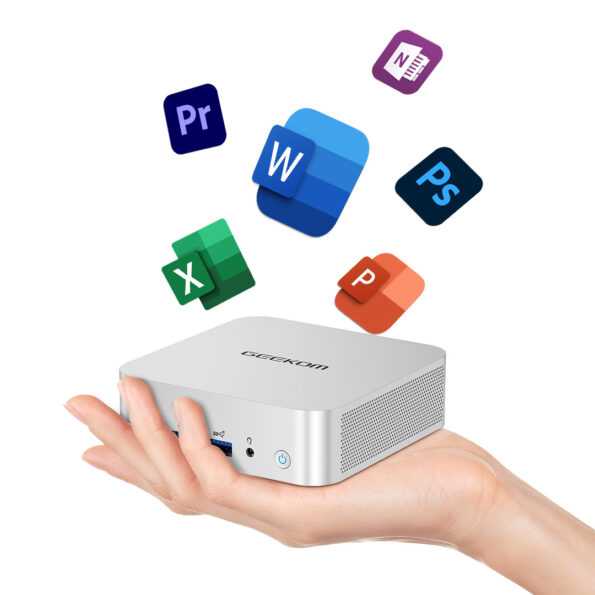
GEEKOM A8 Mini PC
- AMD Ryzen™ 9 8945HS or Ryzen™ 7 8845HS.
- AMD Radeon™ Graphics 780M.
- Dual-channel DDR5 5600MT/s, up to 64GB.
- M.2 2280 PCIe 4.0 ×4 SSD, up to 2TB.
- 2.5G Ethernet, Wi-Fi 6E and Bluetooth® 5.2.
- Pre-installed with Windows 11 Pro, ready to use.
Desktop CPU Comparison: AMD Ryzen™ 9 7900X vs. AMD Ryzen™ 7 8700G
CPU Specifications and Benchmark Results
| CPU Model | Geekbench 6 Single-Core | Geekbench 6 Multi-Core | Cinebench R23 Single-Core | Cinebench R23 Multi-Core |
| Ryzen 9 7900X | 1950 | 14300 | 2020 | 28400 |
| Ryzen 7 8700G | 1700 | 9500 | 1500 | 12000 |
Application Scenarios:
- Ryzen 9 7900X: The best choice for individuals who require high computational power, e.g., content creators and hardcore gamers.
- Ryzen 7 8700G: It is perfect for light multitasking, as well as easily transposable devices, with an emphasis on integrated graphics.
Performance Comparison: AMD Ryzen 7000 vs. 8000 Series
This part delivers a detailed performance record and example issues for the CPU series (7000 and 8000) of Ryzen, which are representative.
CPU Specifications and Benchmark Results
| CPU Model | Geekbench 6 Single-Core | Geekbench 6 Multi-Core | Cinebench R23 Single-Core | Cinebench R23 Multi-Core | PassMark CPU Mark |
| Ryzen 9 7900X | 1950 | 14300 | 2020 | 28400 | 51513 |
| Ryzen 7 8700G | 1700 | 9500 | 1500 | 12000 | 31472 |
| Ryzen 9 7950X | 2100 | 24000 | 2100 | 40000 | 62414 |
| Ryzen 9 7950X3D | 2100 | 23000 | 2100 | 38000 | 59314 |
Application Scenarios:
- Ryzen 9 7900X: It is a perfect fit for those users who require a lot of computing power, such as video editors and high-end gamers.
- Ryzen 7 8700G: This is a good option for lightweight multitasking and portable devices. This is especially true where the need for integrated graphics arises.
- Ryzen 9 7950X: The best choice for most productivity tasks due to its powerful multi-threading desirables.
- Ryzen 9 7950X3D: It is the best choice for gaming, particularly games that consume less power, as they are optimized to fit in 3D V-Cache.
- The given data and test results will help you to do a comparison and make a choice of the CPU model that suits your needs.
Conclusion
In summary, the AMD Ryzen 7000 and 8000 series have some definite advantages that have been designed for different user needs. The Ryzen 7000 series, which comes with a Zen 4 architecture and a 5nm process, is well-suited not only for single-threaded performance but also for value and, hence, for the gamers and content creators who are budget-conscious but still do not want to compromise on quality.
Conversely, the Ryzen 8000 series can be easily recognized for its advanced multi-threaded abilities due to the marriage of Zen 4 and Zen 4c architectures and 3nm and 4nm first-class processes. Introducing the XDNA AI engine and RDNA 3 graphics increases its attractiveness to experts in AI and multimedia, which is the point of AI, which is essential, as it offers much better AI and gaming performance.
The Ryzen 7000 series is a robust and economically viable option that users can consider while gaming and performing other routine tasks. At the same time, users who have strict delivery terms, large-scale applications, AI, and risk-evasive planning might go with the Ryzen 8000 series.
While the CPU market is entering a phase of increased efficiency and power, AMD remains at the front line of offerings. AMD’s line of releases not only enables consumers to have robust and efficient tools for computing they need but also keeps pace with the market’s evolution.







